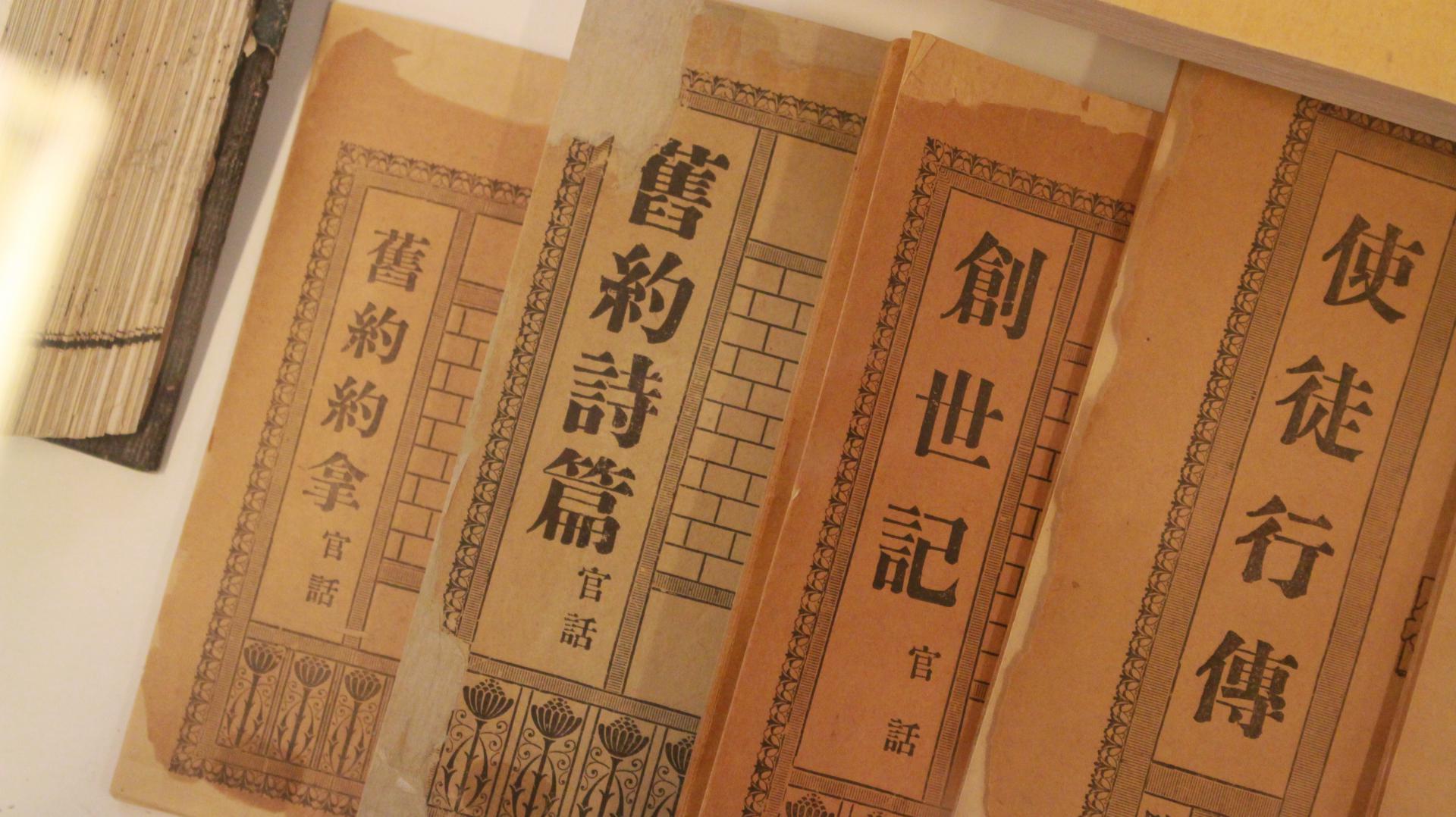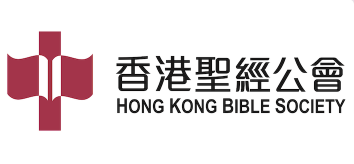
Milestones of Chinese Bible
MILESTONES OF CHINESE BIBLE
The success of Chinese Bible translation has undoubtedly exerted the deepest influence in Chinese Christian communities. Around 200 years ago, western missionaries fulfilled their calling to bring the gospel to China. Putting behind cultural differences, language barriers and feelings of nostalgia, they put an all-out effort in Chinese Bible translation.
Soon as the British and Foreign Bible Society was established in 1804, Chinese Bible translation was put on top priority and then they cooperated with the London Missionary Society on the translation work. In 1807, the London Missionary Society sent Rev. Robert Morrison to China to begin Chinese Bible translation. In 1823, Rev. Morrison completed the translation of Shen Tian Sheng Shu which was printed in Malacca, Malaysia. This is the first Chinese Bible translated in China.
After the Opium War in 1842, the Ching Dynasty was forced to open its door for missionaries. Missionaries from the US and UK congregated in Hong Kong in 1843 on re-translating the Bible and standardization of Biblical terms and different versions. However, they had to deal with theological principles (for example, on using the different Chinese terms for “baptize” or “God”) that drove to segregation of denominations. Coupled with the needs of various dialects in different provinces in China, multiple versions of Chinese Bible appeared in 1850 to 1910. The Delegates’ Version was a more well-known one.
In 1890, in a conference of missionaries in Shanghai, it was confirmed to “join hands in harmony” and collaborate in translation of the Union Version. The British and Foreign Bible Societies, the American Bible Society and the Scottish Bible Society worked together for 30 years to accomplish this version in 1919. Since then, it has become the most influential version in the history of Chinese Christian church, and has edified spiritually millions of Chinese believers and families in China and overseas.
The three collaborative Bible Societies shared the copyright of the Chinese Union Version Bible, and established the China Bible House in the mainland in 1937, which later was completely cut off from connections with other societies. The Hong Kong Bible Society was then established in Hong Kong in 1950 to carry on publishing, distribution and promotion of the Chinese Bible.
It’s quite common to hear a comment like this young believer’s, “I seldom read the Bible. The scriptures are incomprehensible.” The 100-year-old CUV becomes harder to digest as the Chinese language has experienced changes over time. It is of prime priority to revise the CUV to enhance the spread of the gospel and encourage believers to read the Bible. The Hong Kong Bible Society has devoted 30 years to revising the CUV and published the Revised Chinese Union Version (RCUV) in 2010.


